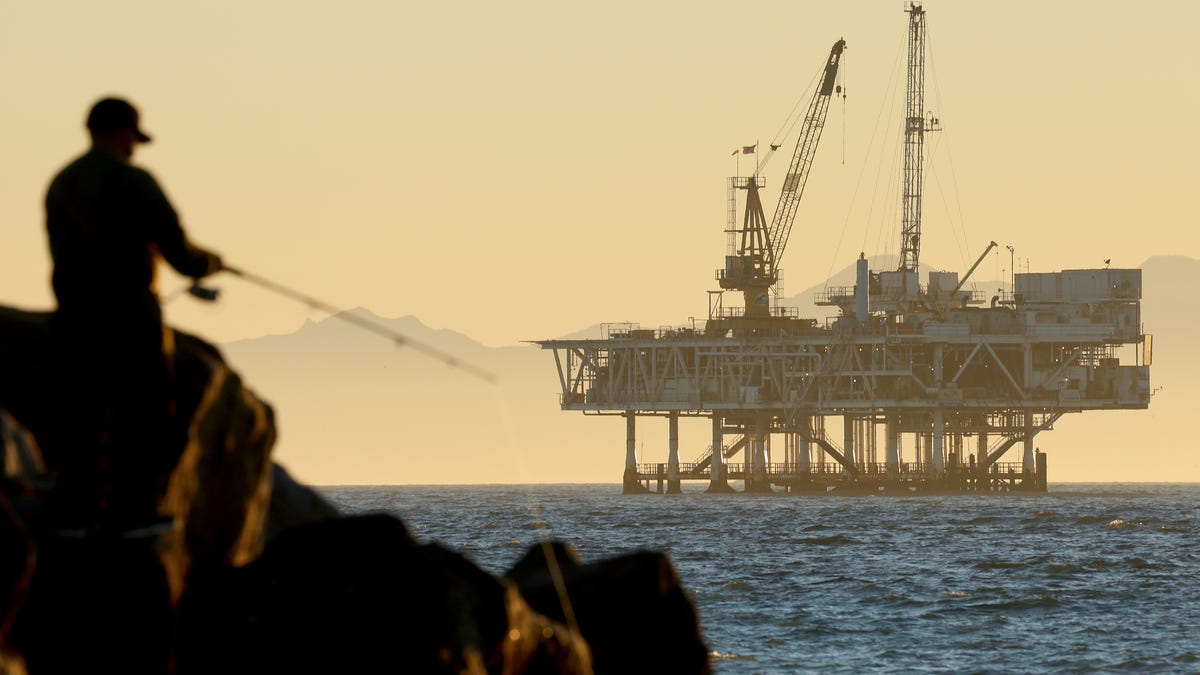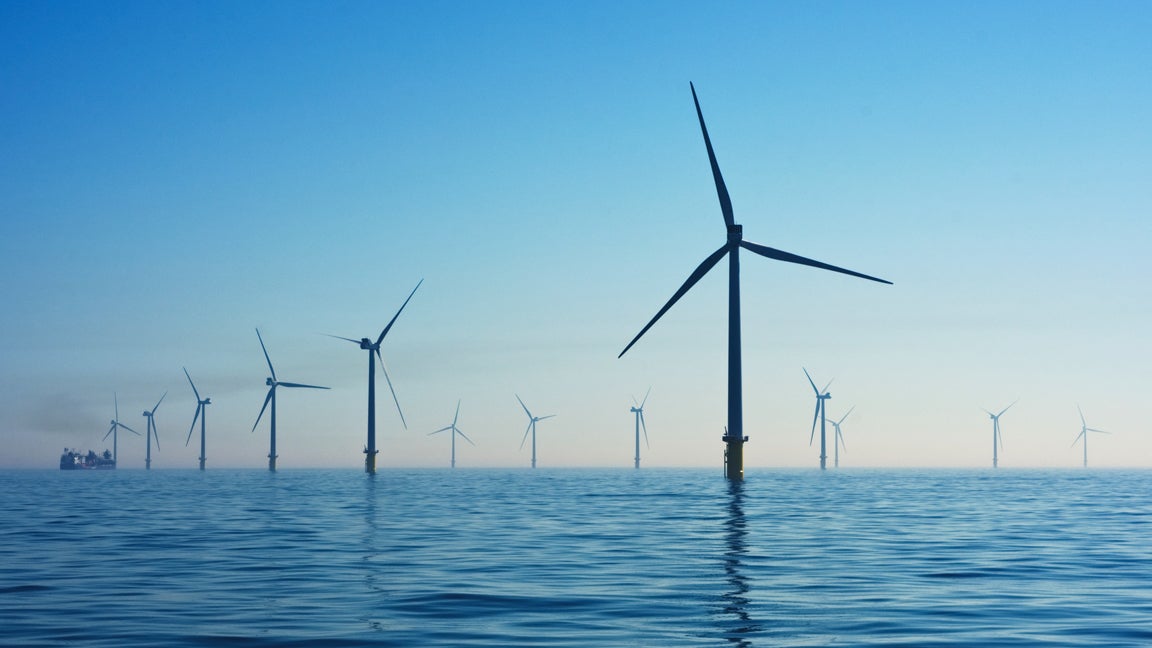Delaware dealing with first significant snowfall of 2025
Parts of Delaware could see as much as 10 inches of snow due to storm passing through the area on Monday. 1/6/25
President Joe Biden has permanently banned offshore drilling along a majority of America’s coastline, including off the coast of Delaware.
The ban does not have an expiration date, although the move is considered largely symbolic. The decision removes the possibility that areas off the Atlantic, Pacific and the east Gulf Coast will being surveyed for oil and gas drilling.
During the earlier years of the previous Trump administration, Delaware’s Governor John Carney found himself, along with other coastal lawmakers, at the frontlines of a fight to protect the Atlantic shores from offshore drilling operations.
Biden’s move cannot be reversed by future presidents, but there are ways that future governments can push against it.
Here are the details.
What do the protections mean?
On Monday, Jan. 6, President Biden published a statement that permanently banned offshore oil and natural gas drilling off of the East Coast, West Coast, the eastern Gulf of Mexico and Alaska’s Northern Bering Sea.
“My decision reflects what coastal communities, businesses and beachgoers have known for a long time: that drilling off these coasts could cause irreversible damage to places we hold dear and is unnecessary to meet our nation’s energy needs,” Biden said in his statement.
Combined, 625 million acres of ocean are now permanently withdrawn from lease option from private companies looking to drill for oil and natural gas.
President Biden invoked his authority spelled out in the Outer Continental Shelf Lands Act, which has been used by the previous three presidential administrations to either temporarily or permanently protect areas of the ocean from being used for offshore drilling.
Most recently, this particular section of the law was used by President Trump leading up to the 2020 election to temporarily protect the coasts of Florida and North Carolina. The protections for these areas were set to expire in 2032.
In July 2024, the Coastal Business Alliance, which represents over 55,000 coastal businesses along the United States’ coastlines, sent a letter to the Biden Administration requesting the President to enact permanent protections for these areas.
“Our members understand that dirty and dangerous offshore drilling directly threatens the marine ecosystems we rely on; that same drilling also worsens climate change which brings growing risks to the health and livelihoods of our communities every year,” the letter said.
Coastal businesses and defense specialists have advocated for the protection of more ocean areas, citing that the GDP of coastal economies is inextricable linked with a healthy ocean and coastline.
How far do protections go?
Although they are permanent, there are some restrictions to the decision from the Biden Administration.
The protections do not apply to areas already under lease for drilling, most of which are located on the west Gulf of Mexico (not included in this decision).
It also does not apply to other construction activities that may involve drilling, such as offshore wind projects which require horizontal drilling to connect cables from the ocean to shore.
President-elect Trump has already said he will reverse Biden’s protections “immediately,” although it may not be that simple.
While in office, President Trump attempted to remove similar permanent protections that were set in place by the Obama administration, but this was overruled by a judge who ruled that only an act of Congress can overrule these decisions.
What does it mean for Delaware?
No lease agreements were active in Delaware leading up to President Biden’s decision, but there have been close calls in recent years that have sparked Delaware lawmakers to be proactive.
Between 2017 and 2018, the Trump administration announced that they would revisit offshore drilling restrictions, including off of the Atlantic coast. This prompted Governor John Carney to speak out against drilling in the Atlantic and to meet with former Secretary of the Interior Ryan Zinke to discuss the administration’s offshore drilling plan.
“The health of Delaware’s economy and environment are directly tied to the health of the state’s coastal areas,” said Carney in 2018. “I cannot accept the tremendous risks associated with opening vast areas in the Atlantic to drilling.”
Two senate bills were also passed in 2018 to prohibit oil and natural gas drilling in Delaware’s coastal zones and territorial waters.
The Trump administration previously authorized private companies to use seismic airgun surveys to test for the prevalence of oil and gas under the continental shelf. After which, Delaware signed onto a legal complaint against the federal government.
More: Sussex County denies US Wind permit required for controversial offshore wind project
Environmentalists in particular have hailed President Biden’s decision as a victory for protecting the sanctity of the oceans and coasts.
“Our coastlines are home to millions of Americans and support billions of dollars of economic activity that depend on a clean coast, abundant wildlife and thriving fisheries,” said Oceana Campaign Director Joseph Gordon. “Our treasured coastal communities are now safeguarded for future generations.”
Molly McVety covers community and environmental issues around Delaware. Contact her at mmcvety@delawareonline.com. Follow her on Twitter @mollymcvety.


































